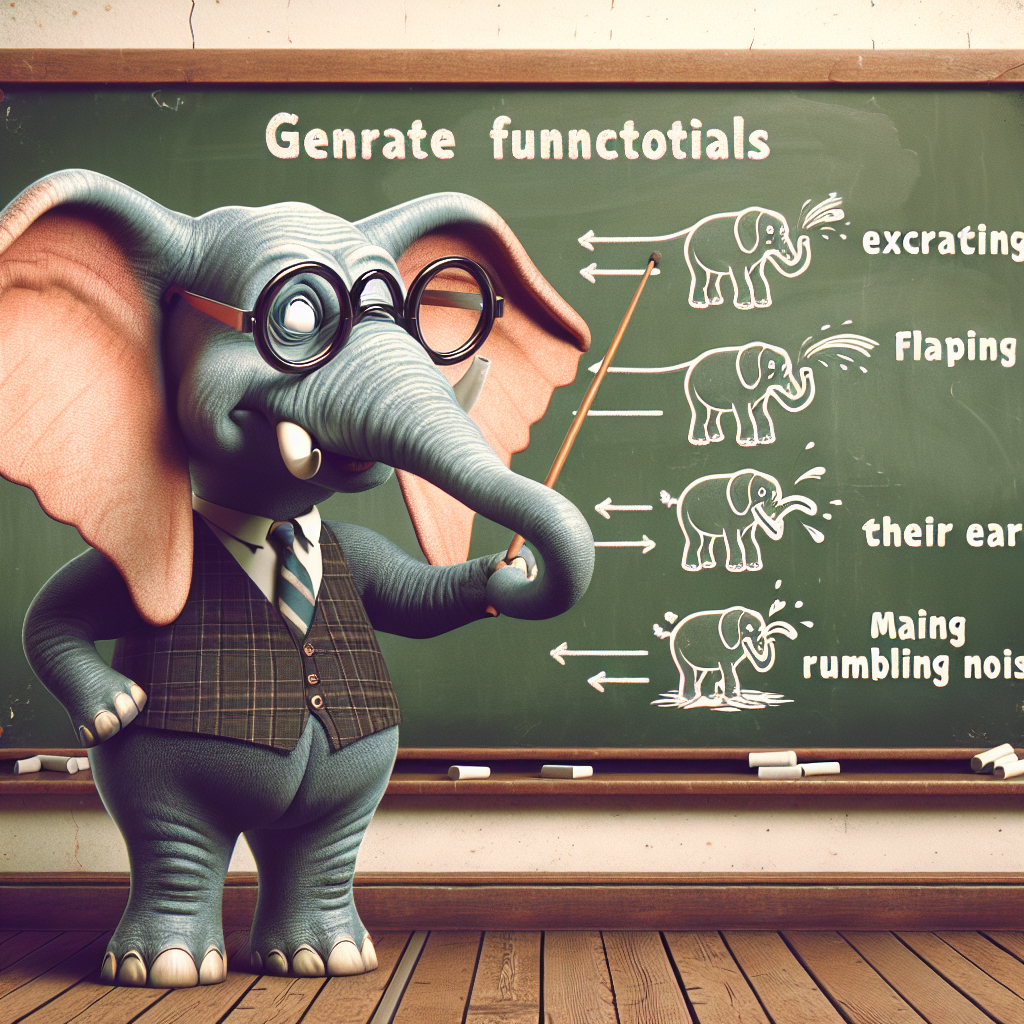3
Advancing animal welfare in zoos is a multifaceted endeavor that lies at the core of their conservation and educational missions. While zoos have made significant strides in improving the well-being of their animal residents, challenges persist in ensuring a comprehensive, evidence-based approach to continuous improvement. Some of these challenges stem from the exponential growth of animal welfare in the last few decades, making it difficult to keep up with ever evolving theories and practical assessment methodologies. (1) Others are related to the inherent resource limitations of any organization, including staff time and financial resources dedicated to animal welfare. A significant limitation with the latter is staff time allocated to animal observation and other data collection.Untapped potential currently exists for data science as a transformative tool to overcome some of these challenges and further advance animal welfare practices in zoos. Data science is an interdisciplinary field that involves the extraction of valuable insights and knowledge from large and complex datasets through a combination of statistical analysis, machine learning, and domain expertise. It encompasses various processes, including data collection, cleaning, and transformation, as well as the application of algorithms and machine learning models to uncover patterns, trends, and correlations within the data. Data science leverages programming languages and tools to process and visualize data, ...


Summary made by ChatGPT4
The paper “Advancing Zoo Animal Welfare through Data Science: Scaling up Continuous Improvement Efforts” by Matyas Liptovszky explores the integration of data science into zoo animal welfare. This opinion piece, published in Frontiers in Veterinary Science, discusses the potential of data science in enhancing animal welfare in zoos.
Discovery Details:
Methodological Breakdown:
Challenges and Opportunities:
TLDR:
This paper presents a compelling case for integrating data science into zoo animal welfare, highlighting its potential to significantly enhance the understanding and management of animal wellbeing through advanced data analysis and machine learning.
AI Thoughts:
The implications of this research are vast, extending beyond zoos into broader fields like wildlife conservation and ecological studies. The ability to analyze large datasets can revolutionize our understanding of animal behaviors and needs, potentially influencing policy-making and conservation efforts globally. It underscores a trend towards more data-driven and evidence-based approaches in environmental and animal welfare sciences.